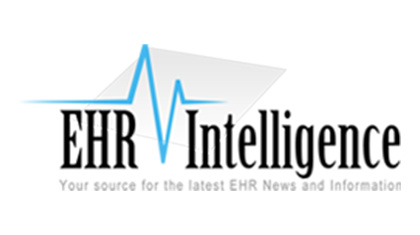
– For most people, adolescence is a time marked by struggle: the lure of adulthood leads to the fight for emancipation from a parent’s control, and from the condemnation or disappointment of authority figures while they explore their own emerging sense of self. Physicians have long been told to be neutral and objective when addressing the unique needs of the teenage population, including sexual and reproductive issues as well as questions of mental health. But as health records are increasingly shared online and EHR notes are made open to patients, teenagers under 18 may have another thing to rail against: the idea that their parents can see what they say to their doctor by logging on to a patient portal.
Privacy for adolescents is a murky area debated everywhere from schools to criminal courts. In healthcare, teenagers rarely have full confidentiality when it comes to their records, since they often rely on parents or guardians to pay for services and help them make decisions. As children get older, they are often given more and more control over their information, but not everyone develops at the same rate. One 14-year-old might feel comforted knowing that her mother can see the results of her first gynecological exam, while another may not want her parents knowing that she’s sexually active and seeking birth control or an abortion.
Read Jennifer Bresnick’s full article here.



